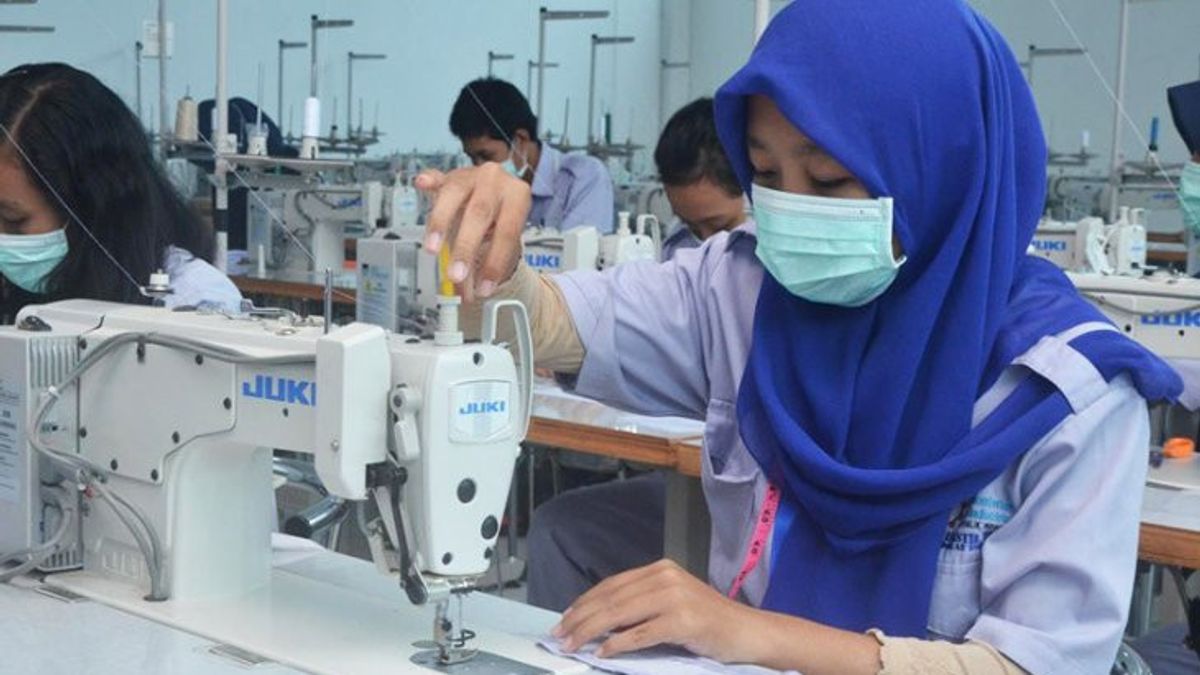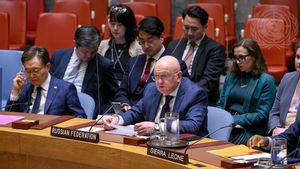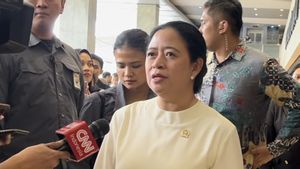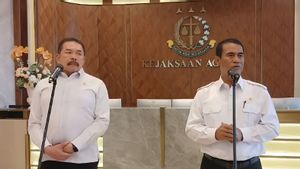JAKARTA – Welcoming the 100th anniversary of the national textile industry, the government through the Ministry of Industry (Kemenperin) held a Thematic Forum with the theme of 100 Years of the Textile Industry in Indonesia.
Secretary General of the Ministry of Industry, Dody Widodo, said that the domestic textile industry has come a long way to date, from the colonial period to the present era.
"The government continues to take policies and work programs to continue to improve its competitiveness and productivity, so that the national textile industry continues to develop following global market trends," he said in a press statement quoted on Sunday, July 31.
According to Dody, the textile and textile product (TPT) industry has a major contribution to the economy because it is export-oriented. For this reason, TPT is one of the seven priority industries for development in the Making Indonesia 4.0 Roadmap.
"In 2021 the textile and textile product industry will grow 12.45 percent year on year (yoy) and show good export performance with a significant increase," he said.
In order to increase the competitiveness of the textile industry, the Ministry of Industry has established programs that include 35 percent import substitution, providing incentives for the convenience of raw materials, lowering gas prices and textile raw materials, and controlling imports.
"We have also formulated a policy of Increasing the Use of Domestic Products (P3DN) and increasing the competence of industrial human resources which also supports the development of the textile industry," he said.
For information, Indonesia's modern textile industry began with the establishment of Textile Inrichting Bandoeng (TIB) in 1922. So that it has reached one century or 100 years in the 2022 period.
TIBi is the forerunner of an industrial service institution within the Ministry of Industry, namely the Center for Standardization and Textile Industry Services (BBSPJIT) which is located in Bandung and is now known as the Polytechnic College of Textile Technology (STTT) Bandung.
“The performance of the national textile industry can be seen from its position in the global arena. We all hope that through the programs that have been prepared by the government, it can bring goodness and benefits to all Indonesian people," concluded Dody.
The English, Chinese, Japanese, Arabic, and French versions are automatically generated by the AI. So there may still be inaccuracies in translating, please always see Indonesian as our main language. (system supported by DigitalSiber.id)









